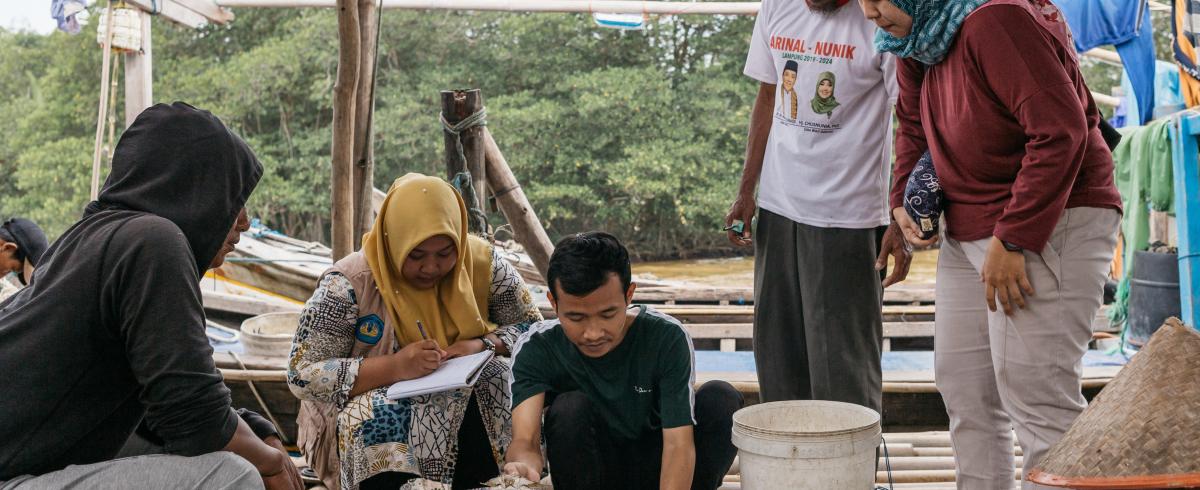Protocolo de monitoreo para reservas marinas
El presente protocolo se realizó con la inspiración de diferentes protocolos que se emplean en los tres ecosistemas prioritarios donde COBI trabaja. El objetivo principal es fortalecer las capacidades de los socios comunitarios, personal de áreas naturales protegidas, investigadores, estudiantes, y voluntarios en general, los cuales podrán conocer y aprender las diferentes técnicas de monitoreo, especies que se censan en estos ecosistemas prioritarios y así lograr una colecta de datos estandarizada a nivel nacional.

